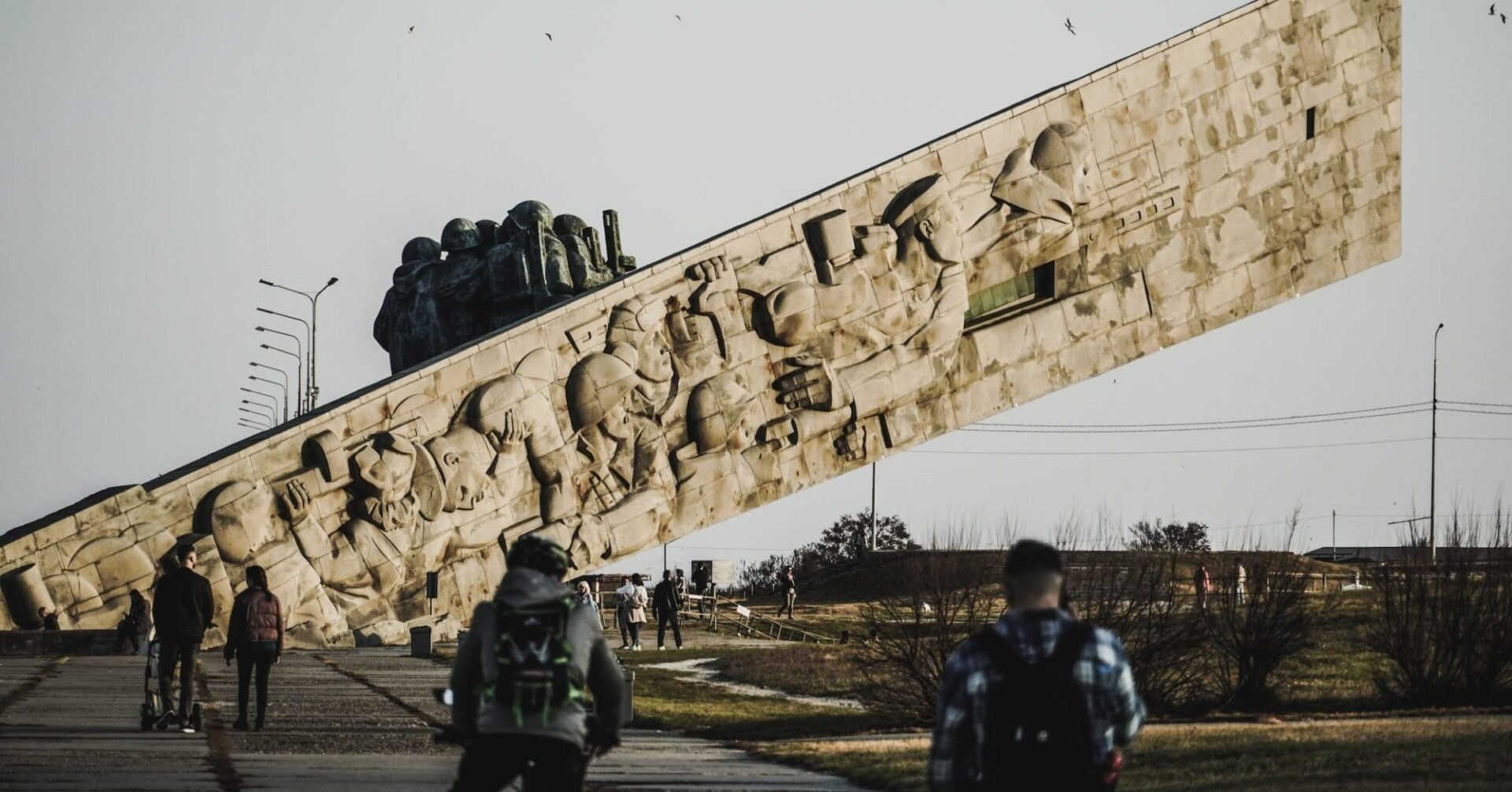On Sept. 21, 2022, amid mounting Russian casualties in Ukraine, President Vladimir Putin declared a “partial mobilization” of the country’s military reservists. Within days, a picture began to emerge of a conscription campaign that had been disproportionately targeting Russia’s ethnic minorities, including the Kalmyks, Buryats, and Tatars. By the time the mobilization concluded at the end of October, military call-ups had reportedly depopulated some non-Slavic villages by as much as 20%.
Since the start of Russia’s full-scale invasion of Ukraine, experts such as Jason Lyall have pointed to ethnic inequality as a source of the chronic morale problems that have hamstrung the Russian army. Prior to Putin’s mobilization announcement, it was already becoming clear that ethnic minorities made up a disproportionate share of Russian casualties. For example, one investigation found that battlefield deaths among troops from the Siberian region of Buryatia were more than 13 times greater than those from the Moscow region, even though Moscow’s population is more than 12 times larger.
Given that unequal armies fight less effectively — as Russia’s shambolic performance has made amply clear — Putin and his generals would have known that an unequal mobilization would likely only worsen Russia’s battlefield losses. So if military efficiency wasn’t the aim, why did Putin pursue such a discriminatory draft?
DILUTING OPPOSITION TO THE WAR
Imperial powers have a long history of levying armies from ethnic groups that lack the resources to challenge central authority. In colonial Nigeria, for instance, British administrators preferred to source their military recruits from “ethnically diverse, politically unorganized, and demographically small groups” such as the Tiv. Of course, conscription is inherently unpopular, but by placing the brunt on marginalized communities, a state can seek to quarantine the resulting discontent in a relatively small — and politically disenfranchised — segment of society.
The Kremlin may hope that conscripts from disparate ethnic minorities have fewer reservations about fighting Ukrainians. The draft’s persistent focus on non-Slavic groups, however, also suggests a darker motivation.
As for the timing of these efforts, scholar Alon Peled has suggested that states are most likely to coerce minorities into military service when preparing for foreign invasions, attempting to suppress domestic rebellion, or reeling from humiliating battlefield defeats. All these dynamics are currently at play in Russia, where there are more than 120 ethnic minority groups but only six with more than a million members. In the wake of Putin’s mobilization announcement, Russian protestors took to the streets in Moscow and other large cities, where they were met with police batons and mass arrests. Since the start of the war, one of Putin’s top priorities has been to uphold a general sense of normalcy, particularly in Moscow. A discriminatory draft can thus be understood as a way of diluting anti-war sentiment by shifting the burden of the draft from the big cities to the poor communities at Russia’s geographic and ethnic peripheries.
Putin’s public justification for the war rests on the ethnocentric claim that Russians and Ukrainians are “one people — a single whole.” While Putin’s preferred history has been widely debunked, many ethnic Russians indeed share strong cultural and familial bonds with Ukrainians. Moreover, armies often factor ethnicity into their operational deployment plans; accordingly, the Kremlin may hope that conscripts from disparate ethnic minorities have fewer reservations about fighting Ukrainians. At the same time, however, the draft’s persistent focus on non-Slavic groups also suggests a darker motivation.
MAINTAINING THE DOMINANCE OF ETHNIC RUSSIANS
In 2014, on the day he annexed the Crimean Peninsula from Ukraine, Putin gave a speech in which he claimed that “Crimea is primordial ‘Russkaya’ land, and Sevastapol is a ‘Russkii’ city.” According to Russia expert Kimberly Marten, Putin’s use of the term Russkii was a watershed moment. When discussing Russian identity, Putin had hitherto favored the term Rossisskii, which denotes Russian citizenship, regardless of ethnicity. By contrast, Russkii specifically refers to Russian ethnicity. Under Marten’s interpretation, this seemingly minor substitution signaled Putin’s more open adoption of Russian ethnonationalism.
Just months before Putin’s 2014 annexation speech, ethnic riots rocked a Moscow suburb after a migrant worker from the Caucasus was blamed for the murder of a young ethnic Russian. Amidst chants of “White Power!” a crowd of several thousand stormed a warehouse that employs migrants from the Caucasus and Central Asia. It was amidst this charged ethnic atmosphere that Putin began to emphasize Russian ethnicity as the core of Russian identity and the source of the country’s greatness.
In a Russia that increasingly highlights the importance of ethnic Russian identity — and seeks to expand its borders by force to subsume those “bound by blood” — a discriminatory draft may stem from more than domestic stability concerns. In this line of thinking, Putin’s willingness to feed draftees into the “wood chipper” that is the Russian army may be a product of a secondary objective: the shrinking and suppression of Russia’s ethnic minorities.
Many, including Presidents Joe Biden, Volodymyr Zelenskyy, and the entirety of the Lithuanian parliament, have labeled Russia’s war as a genocide against the people of Ukraine. Since the discriminatory nature of the partial mobilization first came to light, concerns have been raised that Putin’s draft may be part of an attempt to “cleanse the Great Rus” of undesirable groups. With reports already coming in of poorly trained draftees fighting and dying, the ethnic dimension of Putin’s draft suggests that the Russian president may be pursuing two genocides at once — one against Ukraine and another against the minorities that increasingly constitute his army.
Collin Van Son is a graduate student (Master of Arts in International Security) at the University of Denver’s Josef Korbel School of International Studies.





















